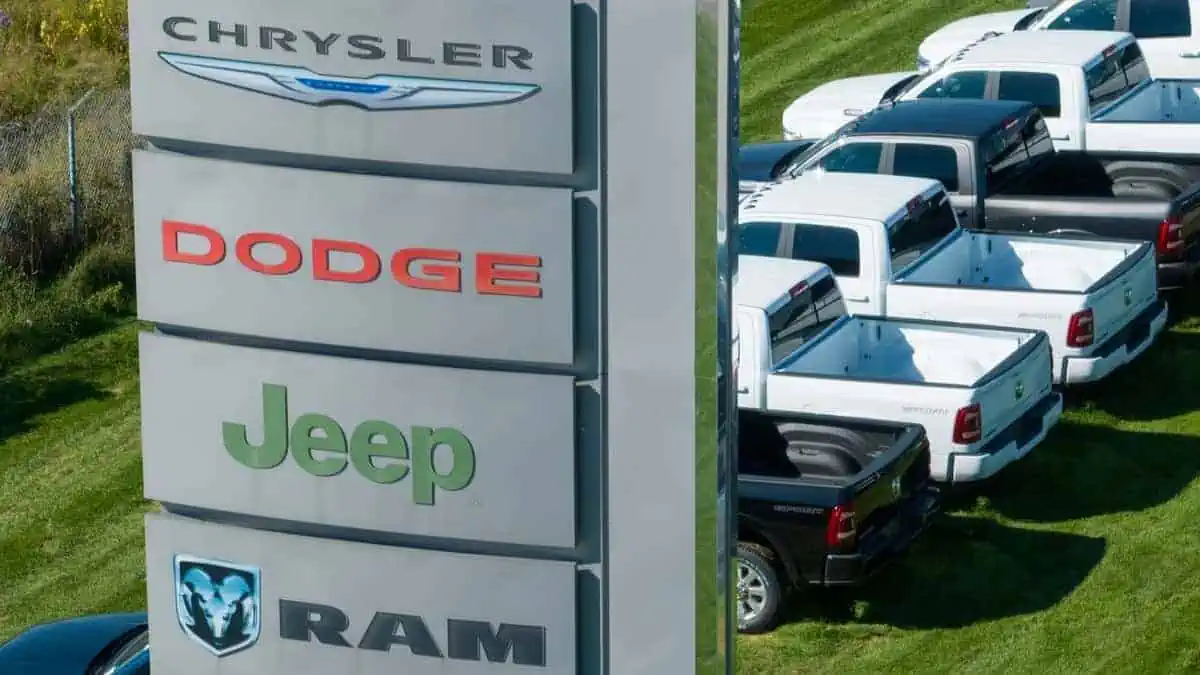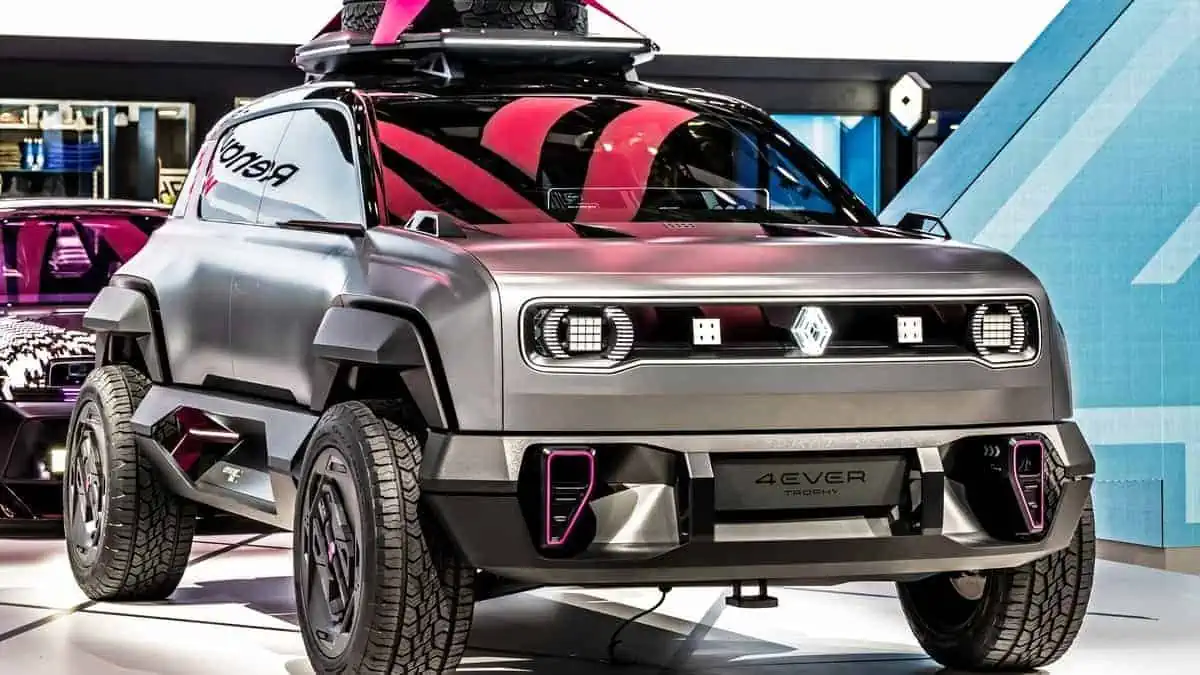American automaker Chrysler is looking to redefine its 100-year-old brand with the introduction of the new radical Halcyon electric vehicle concept.
Chrysler’s ambitious EV attempt
Chrysler claims that the new Halcyon electric concept car is a “breathtaking and inspiring vision for the future,” hinting at its imminent transition as an all-electric vehicle brand from just producing minivans.
The Halcyon is based on the brand’s prior concept cars, including the Airflow crossover in 2022 and the Synthesis Cockpit Demonstrator in 2023. As per Stellantis Chief Designer Ralph Gilles, the automaker brought the vehicle design to another level, with the Airflow being just the start.
True enough, Chrysler’s boss asserted that the Halcyon EV concept “brings to life a fully electric tomorrow.” It will reportedly feature the innovations of its parent company, with new designs and a connected cockpit.
What’s special about the concept?
The new Halcyon EV concept is a sleek sports car with innovative technologies, including self-driving capabilities and an “unlimited” range through inductive charging technology.
“The Chrysler Halcyon Concept creates a level of serenity that fully represents the Halcyon name. The Halcyon showcases innovative and sustainable mobility solutions that embrace technology and offer value to customers while delivering Harmony in Motion. The Chrysler Halcyon Concept brings to life a fully electric tomorrow through new technology suites from Stellantis that integrate with simple and pure aerodynamic design and a seamless, connected and immersive cockpit experience.”
Chris Feuell, Chrysler brand CEO – Stellantis
Exterior design
Chrysler’s low-riding Halcyon EV concept is a stylish four-door sports car with a “pure” design to enable improved aerodynamics.
It sports an air blade pass-through for better driving performance and range. According to the American legacy automaker, people can spot the air blade from the vehicle’s cockpit to offer a real-world connection with its performance.
It also comes with various enticing features, such as thin, full-length LED, front air curtains, and a new illuminated wing logo of the brand. Impressively, the wing logos on the aero blades light up to indicate the vehicle’s state of charge as owners approach.
Chrysler’s design team also elongated the Halcyon’s windshield to enable an immersive driving experience. In addition, the concept car features a third butterfly-hinged canopy door and “red carpet-style” side doors.
Interior features
Inside, the new Halcyon EV concept features an almost 360-degree panoramic view. It also comes with a moveable 15.60-inch infotainment screen, offering a more minimalist design.
In addition, it includes an AR head-up display on the windshield to show crucial data such as speed and charge status. It is indeed a remarkable technology as it enables drivers to monitor such changes without taking their eyes off the road. It also offers Stellantis’ STLA Brain to support over-the-air updates and AI tech for better connection. Apart from these, it is equipped with Stellantis’ STLA SmartCockpit and STLA Autodrive.
The Halcyon EV concept has an “Active Aero Technology” to support inductive charging tech with sensors. It is a futuristic approach that can connect with future sensors beneath the roads, potentially enabling “unlimited range.”
It also has a reverse-yoke-designed steering wheel with foldable pedals. Moreover, the concept’s front seats are fully retractable to enable a “zen-like” feel.
More notably, Chrysler developed the Halcyon EV concept with a great focus on sustainability. It employed crushed CDs in creating the front seat inserts, door sills, and even the steering wheel.
Chrysler has yet to reveal specific details about the Halcyon EV concept’s technical specifications. However, it is expected to feature Lytens 800V lithium-sulfur EV batteries to reduce carbon footprint by approximately 60%.
The Halcyon EV concept is a crucial part of the company’s efforts to launch its first-ever EV model in 2025. It aims to become an all-electric brand by 2028, potentially fueling a more competitive electric vehicle market.






